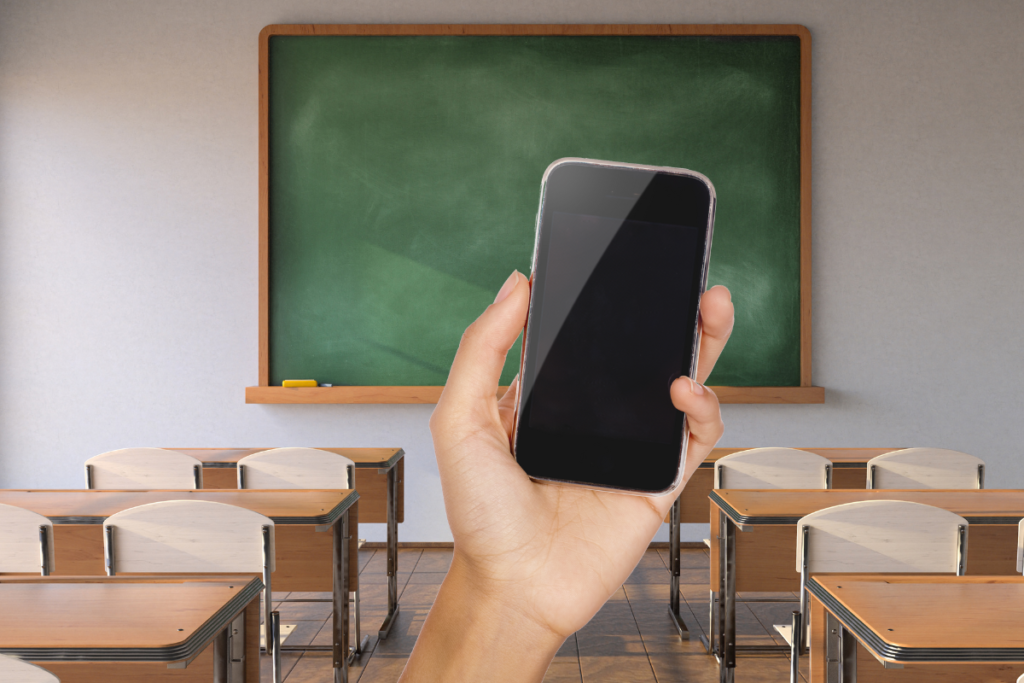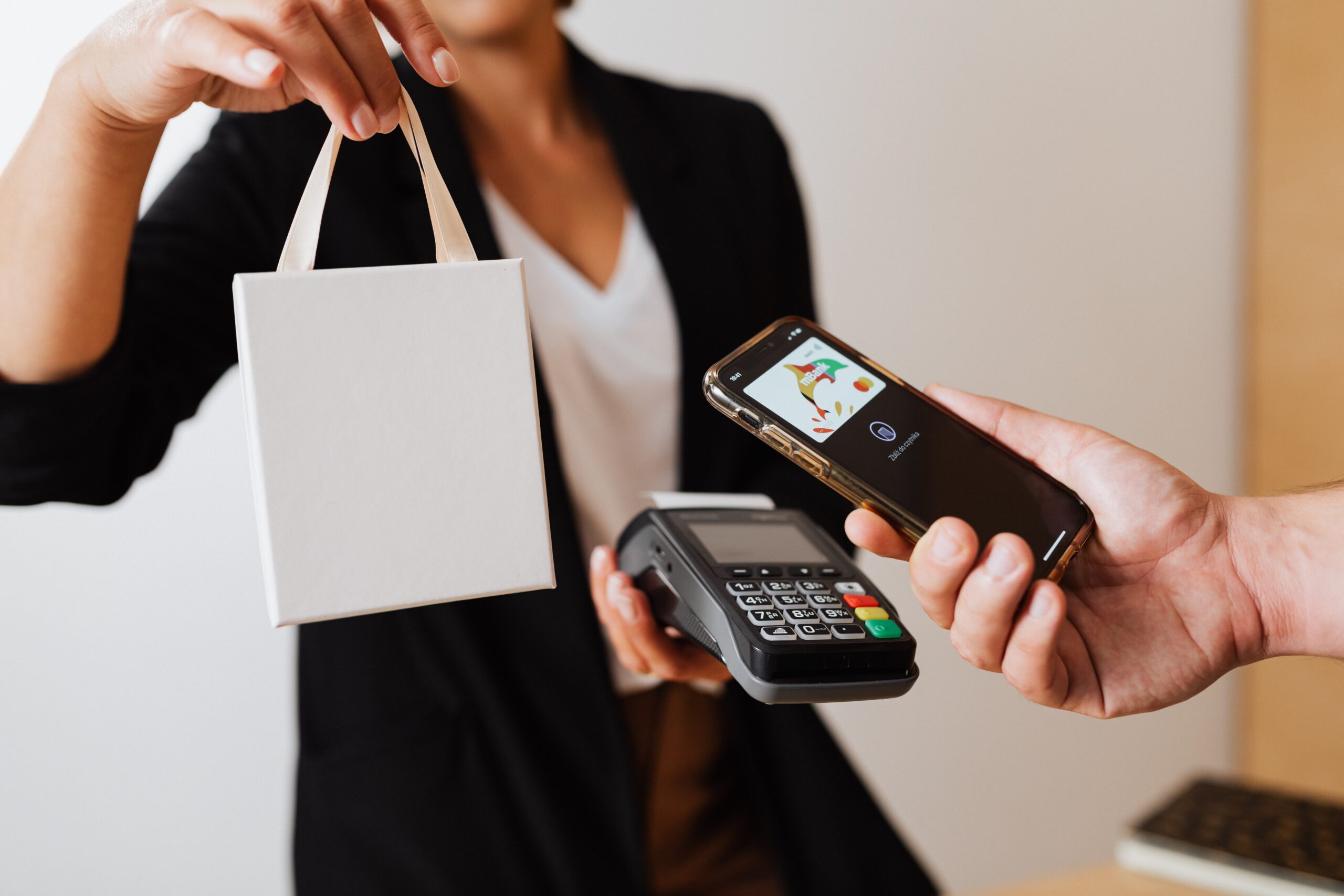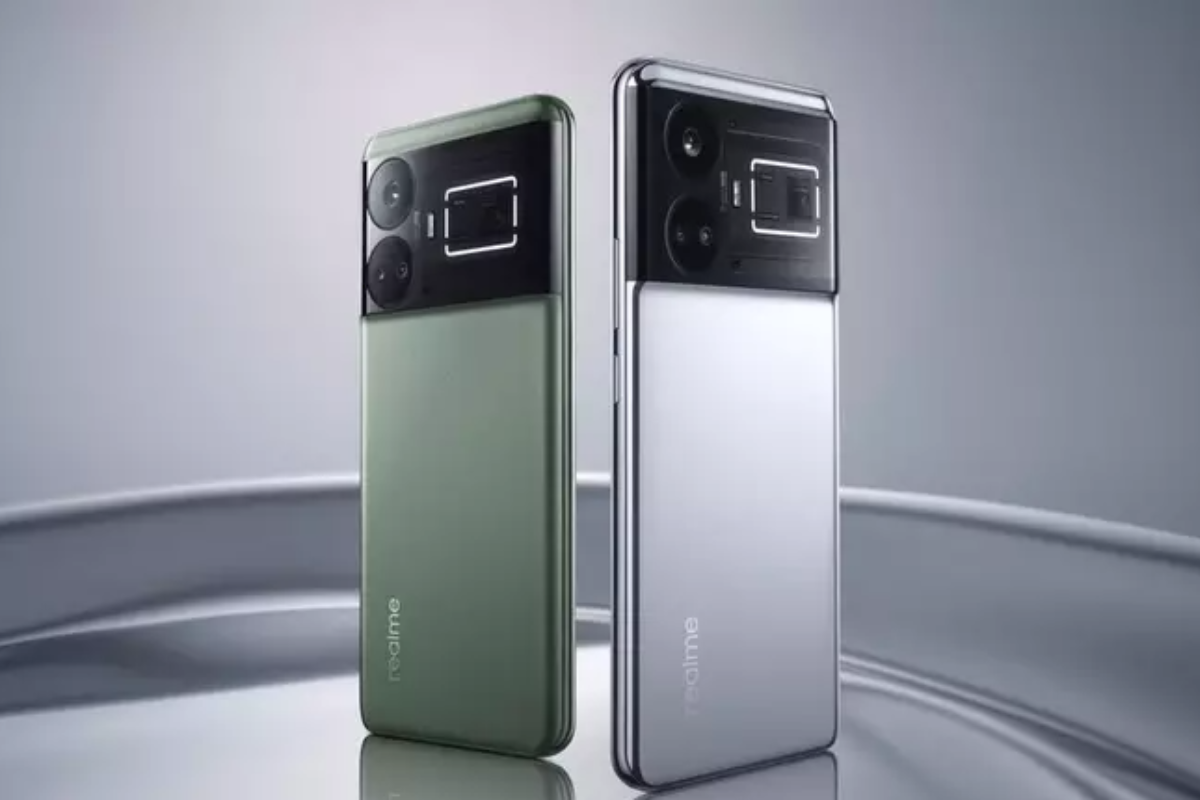A new report from the Programme for International Student Assessment (PISA), released by the Organisation for Economic Co-operation and Development (OECD) on Tuesday, December 5, raises concerns about the impact of excessive use of digital devices, such as smartphones, on academic performance.

Read now: Connect YouTube from Mobile to Your TV by Following These Tips
Main Findings
- Students who spend between five and seven hours a day using digital devices perform worse in mathematics, around 49 points lower than those who spend up to one hour a day.
- In Brazil, the average score in mathematics was 379, 93 points below the OECD average (472 points). In reading, Brazilian results were 410 points, 66 points below the average (476). In science, 82 points below the average (485), with a result of 403 points.
- Distraction in math classes due to the use of devices was reported by 65% of students, reaching 80% in Brazil and other countries such as Argentina, Canada, Chile, Finland, Latvia, Mongolia, New Zealand and Uruguay.
The report highlights that this distraction directly affects academic performance. Students who were distracted by peers using digital devices had a 15-point drop in math tests, equivalent to three-quarters of the value of a year’s education, after taking into account the socioeconomic profile of the schools.
Understand more: Those registered in the Single Registry can request a free chip and cell phone from the Government
Global Impact
- First, in Korea and Japan, where distraction levels are significantly lower (18% and 32%, respectively), PISA scores are above the OECD average.
- Still, while 13 countries ban cell phone use in schools, it has been found that this ban does not guarantee more responsible use of the devices, indicating that the restrictions may not be effective.
The report proposes a balanced approach, not suggesting the complete exclusion of devices from the learning process, but rather a more thoughtful integration. Schools are encouraged to promote interaction between technology and learning, but to minimize the amount of time spent using them to avoid distractions, cyberbullying and to protect students’ privacy.
The concern is global: 291% of students in the OECD use smartphones several times a day at school and 211% use them daily. However, countries with bans on smartphones in schools have lower distraction rates, although this does not guarantee more responsible behavior.
The report concludes that banning cell phones can, paradoxically, make it difficult to develop a more responsible and balanced relationship with devices.
The PISA report warns of the need to find a balance in the integration of devices in the classroom, primarily by recognizing the risks of distraction and the negative impact on students' academic performance.
See also: Stop as soon as possible! Find out why you shouldn't charge your phone with the case on



